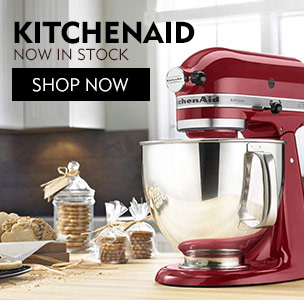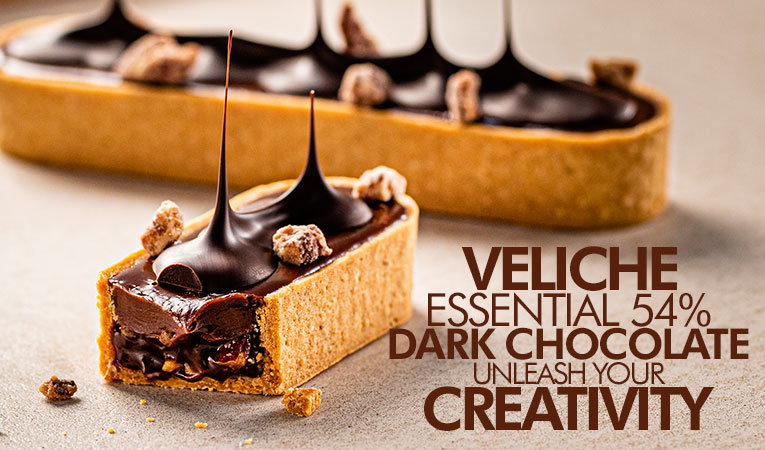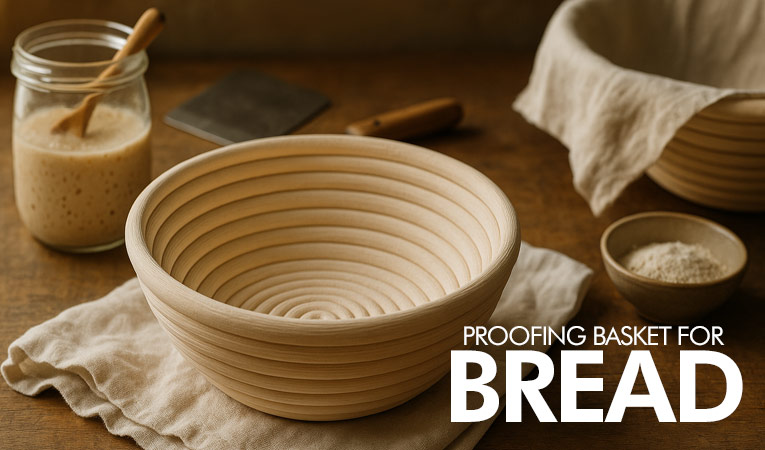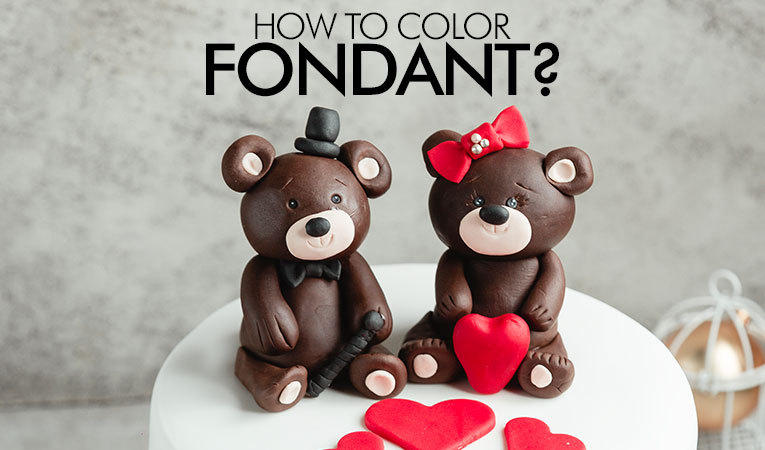Types of Sugar for Baking : A Comprehensive Guide
22-05-2023
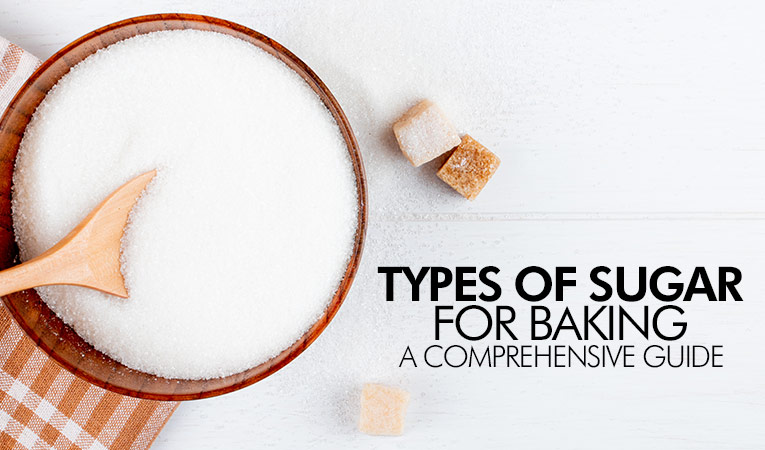
When it comes to baking, sugar is a key ingredient that goes beyond providing sweetness. In this extensive guide, we will delve into the world of sugar and explore the various types commonly used in baking. From caster sugar to coconut sugar, we will uncover their unique characteristics, applications, and the important role they play in creating delightful baked goods. Get ready to elevate your baking game with the right sugar choices tailored to the Indian context.
Before we delve into the different types of sugar, let's understand the significance of sugar in baking. Sugar is more than just a sweetener; it contributes to texture, moisture, and browning in baked goods. It interacts with other ingredients to create structure, enhance flavor, and ensure overall quality in your final creations.
Importance of Sugar in Baking:
As we explore this topic further, it becomes evident that sugar plays a crucial role in baking, with essential functions such as tenderizing, browning, leavening, and enhancing flavors. Let's delve into each of these functions in detail.
- Tenderizing: Sugar helps retain moisture, resulting in soft and tender baked goods.
- Browning: Through caramelization, sugar imparts appealing color and flavor to pastries and bread.
- Leavening: Sugar provides food for yeast, aiding in fermentation and helping dough rise.
- Flavor Enhancement: Sugar adds sweetness and balances the taste of other ingredients, enhancing the overall flavor profile of baked goods.
Types of Sugar for Baking:
Now, let's dive into the various types of sugar commonly used in baking and discover their unique characteristics and uses.
- Caster Sugar - Caster sugar, also known as superfine sugar, is finely granulated sugar that dissolves quickly. Its fine texture makes it perfect for baking delicate cakes, meringues, and light-textured desserts. Caster sugar blends easily with other ingredients, ensuring a smooth batter and a tender crumb in your baked goods. It is ideal for recipes that require quick dissolving and even distribution of sweetness. Its versatility and ability to create a soft texture make it a popular choice among bakers. Whether you're making sponges, mousses, or buttercream frostings, caster sugar is a staple ingredient for achieving excellent results.
- Icing Sugar - Icing sugar, also known as powdered sugar or confectioners' sugar, is a finely ground sugar that is mixed with a small amount of cornstarch to prevent clumping. Its fine texture and smooth consistency make it perfect for making icings, frostings, and glazes. Icing sugar dissolves quickly and easily, resulting in a silky and glossy finish. It is commonly used to decorate cakes, cookies, and pastries, giving them a professional and polished appearance. Whether you're making a classic buttercream frosting or a simple glaze for drizzling, icing sugar is an essential ingredient for achieving a smooth and sweet topping for your baked treats..
- Demerara Sugar - Demerara sugar is a type of raw cane sugar with large, golden-brown crystals and a subtle molasses flavor. It adds a delightful crunch and rich caramel-like taste to baked goods. Due to its coarse texture, Demerara sugar is commonly used as a topping for desserts such as crumbles, cookies, and muffins, providing a deliciously sweet and slightly crunchy crust. It can also be used in recipes that call for a deeper flavor profile, such as gingerbread or fruitcakes. Demerara sugar's distinct flavor and texture make it a popular choice for adding a touch of sophistication and complexity to your baking creations..
- Breakfast Sugar - Breakfast sugar, also known as raw sugar, is a type of sugar that is commonly used in baking. It has a slightly larger grain size compared to white sugar, giving it a distinct texture. This sugar is versatile and works well in various baked goods such as cookies, cakes, and muffins. It adds a subtle sweetness and a unique texture to the final baked products, enhancing their overall appeal. Breakfast sugar is also often used as a topping for baked goods, providing a delightful crunch. Its distinct characteristics make it a popular choice for adding depth and complexity to baked treats.
- Coconut Sugar - Coconut sugar, derived from the sap of coconut palm trees, is a natural sweetener that has gained popularity in baking. It has a rich caramel-like flavor and a fine texture, making it a suitable substitute for traditional granulated sugar. Coconut sugar is often used in various baked goods such as cookies, brownies, and cakes. It adds a unique depth of flavor and a subtle hint of coconut to the final product. Additionally, coconut sugar has a lower glycemic index compared to regular sugar, making it a preferred choice for those seeking a healthier alternative. Its versatility and distinct taste make it a delightful addition to your baking recipes.
- Liquid Sweeteners - Liquid sweeteners like honey, maple syrup, liquid glucose, and molasses are commonly used in baking to add sweetness, moisture, and flavor to various recipes. Honey, with its natural sweetness, imparts a unique floral taste and helps retain moisture in baked goods. Maple syrup lends a distinct rich and earthy flavor, perfect for pancakes, waffles, and desserts. Liquid glucose, a thick and viscous sweetener, is often used to enhance the texture and moistness of baked goods like cakes and cookies. Molasses, a byproduct of sugar refining, adds a deep, robust flavor to gingerbread, brownies, and barbecue sauces. These liquid sweeteners offer versatility and complexity to your baking creations, elevating their taste and texture.
- Stevia - Stevia is a natural, zero-calorie sweetener derived from the leaves of the Stevia rebaudiana plant. It has gained popularity as a healthier alternative to traditional sugar in baking. Stevia is incredibly sweet, so only a small amount is needed to achieve the desired sweetness in recipes. It does not contribute to calories or carbohydrates, making it suitable for those watching their sugar intake or following a low-calorie diet. When using stevia in baking, it is important to note that it does not provide the same bulk or caramelization properties as sugar. Therefore, it is often recommended to combine stevia with other ingredients such as applesauce or yogurt to maintain the desired texture and moisture in baked goods.
Developing an understanding of the different types of sugar for baking is crucial for achieving desired outcomes in your culinary creations. Each sugar variant brings its unique characteristics to the table, influencing texture, flavor, and appearance in baked goods. Experimenting with different sugars will enhance your baking skills and unlock new dimensions of taste in your treats.
For an extensive selection of high-quality baking ingredients, including various types of sugar, visit Bakerykart. As your trusted online destination for premium baking supplies in India, Bakerykart offers a wide range of ingredients to elevate your baking journey. Discover the right sugars for your recipes and create delectable baked goods that will captivate your taste buds. Happy baking!

